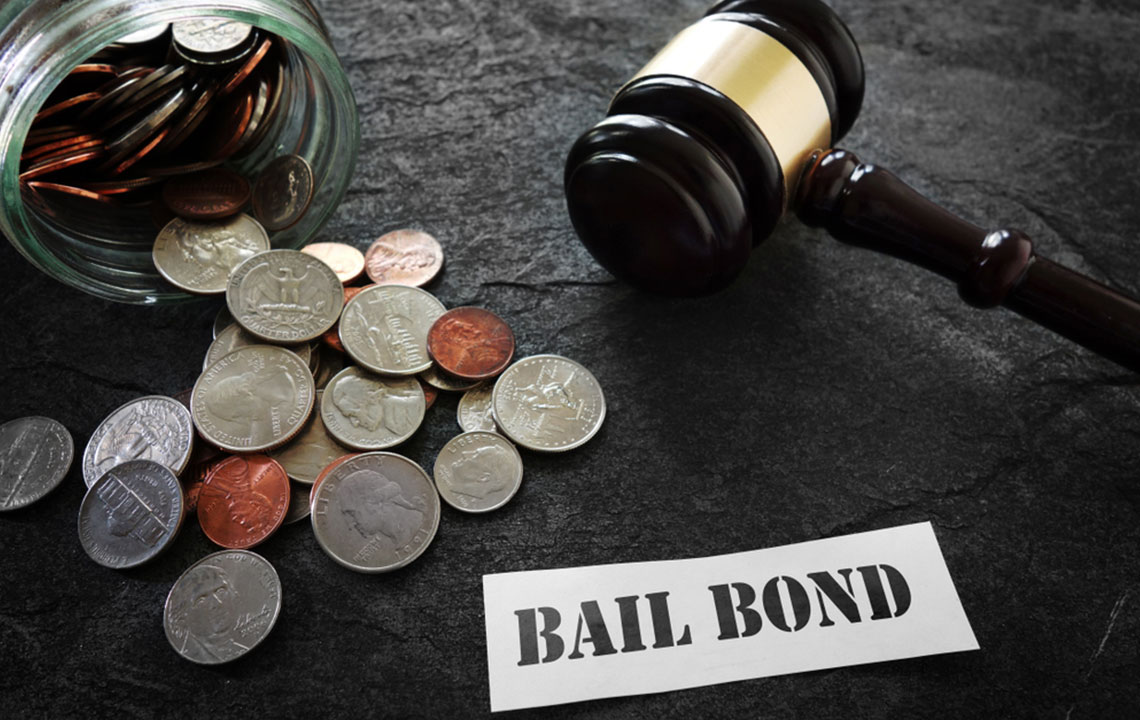Comprehensive Guide to the Main Types of Bail Bonds and Their Applications
This comprehensive guide details the main types of bail bonds, including cash, property, and federal bonds, outlining their features, benefits, and use cases. Understanding these options helps defendants and families navigate the bail process more efficiently, ensuring prompt release while remaining compliant with legal requirements. Expertise and informed decisions are key to managing bail effectively and minimizing legal and financial risks.

Comprehensive Guide to the Main Types of Bail Bonds and Their Applications
Securing an early release from detention is a crucial step for many facing legal challenges, and understanding the different types of bail bonds can significantly streamline this process. Bail bonds serve as financial guarantees that a defendant will appear in court as scheduled, and they come in various forms tailored to different circumstances. Whether you're dealing with local or federal charges, knowing which type of bond applies is essential for making informed decisions and ensuring compliance with legal procedures.
In this comprehensive guide, we will explore the primary types of bail bonds, including their characteristics, advantages, disadvantages, and typical use cases. By understanding these options, defendants and their families can better navigate the often complex bail process and choose the most appropriate method to secure release from jail promptly.
Cash Bond: Immediate Payment for Release
The most straightforward form of bail, the cash bond, requires full payment of the bail amount in cash. This method provides a direct and immediate release, often preferred when funds are readily available. Depending on the jurisdiction, other payment methods such as cashier’s checks or credit card payments may also be accepted, offering some flexibility.
While cash bonds are simple in concept, they pose a significant challenge for many individuals who may not have access to large sums of cash on short notice. This can impose financial strain or delay the release process, especially in urgent situations. Also, if the defendant appears in court as scheduled, the full cash amount is typically refunded, minus any administrative fees. Conversely, failure to appear can result in the amount being forfeited and a warrant being issued for arrest.
Cash bonds are most suitable for defendants who have the financial means to pay upfront and are confident they will comply with court appearances. However, the risk of losing the posted amount can be a deterrent, leading many to seek alternative bond options.
Property Bond: Using Real Estate as Collateral
Property bonds are an alternative option, used less frequently but valuable when cash is unavailable. This type of bond involves the use of real estate or other valuable property as collateral for bail. Properties such as homes, land, or commercial assets can serve as security, and court approval is necessary before proceeding.
Property bonds are generally accepted in certain states, such as California, but not universally across all jurisdictions. The process for establishing a property bond is longer and more complex, often taking several weeks. This duration is due to the need for property appraisals, legal paperwork, and court approval to ensure the property's value adequately covers the bail amount.
Using a property bond can be advantageous for individuals who do not have cash readily available but possess valuable assets. However, it involves risks, such as losing the property if the defendant fails to appear in court or fulfill other legal obligations. Consulting with legal professionals and court officials is essential to navigate this process successfully.
Federal Bail Bond: For Federal Crimes
When facing federal charges, a different set of procedures applies. Federal bail bonds are specifically designed for cases prosecuted under federal law and require adherence to federal legal standards. These bonds can be secured through cash, property, or a combination of both, depending on the circumstances.
Unlike state bonds, federal bonds are primarily managed directly by the court system, removing the need for a third-party bail bondsman in some cases. This system is intended to maintain strict oversight and ensure compliance with federal regulations. The process involves submitting specific documentation and often requires a bail amount set by a federal judge, which can be higher than state bail in some cases.
Federal bonds are generally more complex and may involve additional legal scrutiny and documentation. They serve as essential tools to ensure that defendants facing federal charges are released promptly while guaranteeing their appearance in court proceedings.
Other Types of Bonds and Considerations
Aside from the main types discussed, there are other bonds and considerations worth noting. For example, signature bonds or release on recognizance (ROR) are sometimes used, especially for minor offenses or repeat offenders with established court histories. These do not require financial collateral but depend on the defendant's promise to appear in court.
Choosing the appropriate bail bond depends on various factors including financial resources, the nature of the charges, jurisdictional rules, and the defendant's personal circumstances. Consulting with legal professionals or experienced bail bond agents can help in making the best decision and ensuring a smooth bail process.
Additionally, understanding the obligations involved in each bond type, potential risks, and legal responsibilities is crucial for defendants and their families. Proper planning and professional guidance can significantly reduce stress and increase the chances of timely release while complying fully with legal requirements.
Conclusion: Navigating the Bail Bond System Effectively
In summary, bail bonds offer a vital pathway for defendants seeking early release from jail, providing flexibility through different types suitable for various situations. From cash bonds that require immediate cash payments to property bonds leveraging valuable assets, and specialized federal bonds designed for federal cases—all options serve specific needs and circumstances.
Understanding each type's features, advantages, and limitations enables legal defendants and their families to make informed decisions. It’s advisable to work with experienced professionals to ensure compliance with local laws and court procedures, thereby securing the quickest and most secure release possible.
Ultimately, knowledge about bail bonds empowers individuals to navigate the criminal justice system more effectively, reduce incarceration time, and focus on mounting a case or preparing for subsequent legal proceedings.





